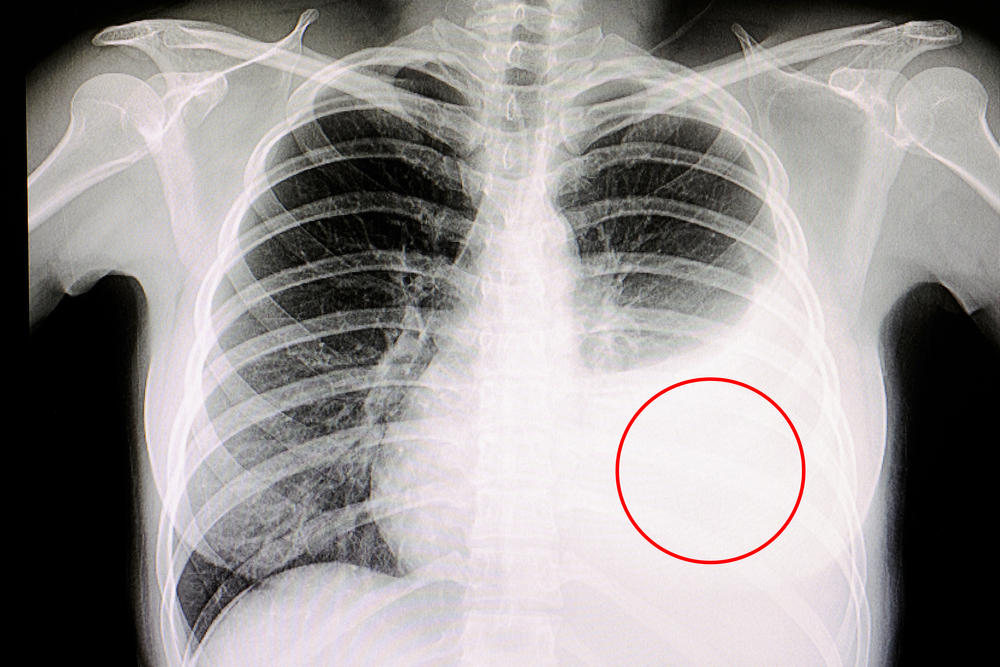An effusion pleural is a strange amount of fluid in the lung that needs to be drained because it can lead to other health conditions.
The pleura is a narrow membrane that lines the area of your lungs and the inner of your chest wall. Generally, only a spoon of watery fluid is in the space of the pleural, letting your lungs act evenly in your thoracic cavity when you breathe. However, when a person has pleural effusion, the fluid develops on the surface of the pleura.
There is a broad range of things that can cause pleural effusion. The common causes include:
- Cancer
- Leaking from other organs
- Infections
- Pulmonary embolism
- Autoimmune conditions


